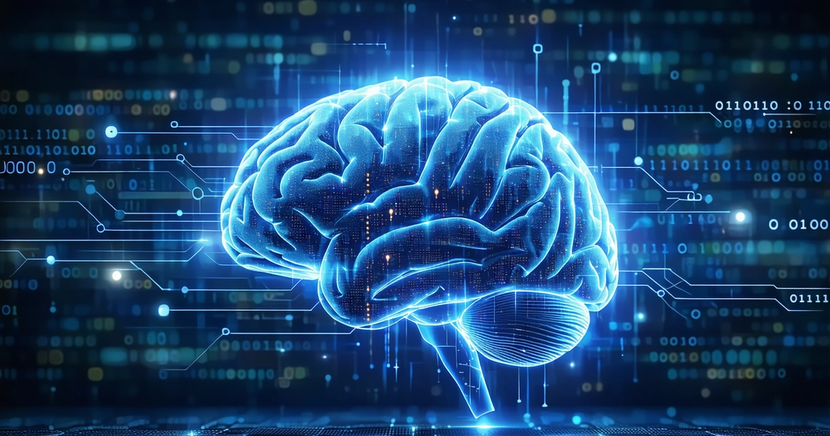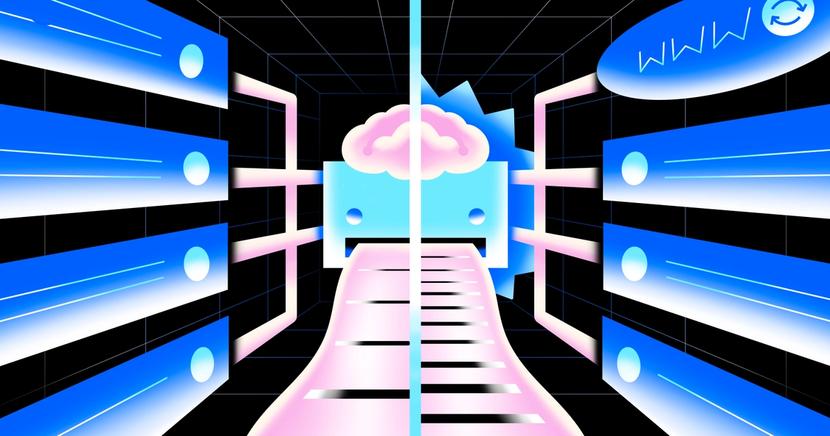Search engine bots crawled so AI bots could run
Ryan hosts Akamai data scientist Robert Lester on the show to discuss how the growth of AI bots affects internet traffic, the ways these AI bots differ from the original search engine optimization ones, and why you might not want to mitigate AI bots on your websites.







